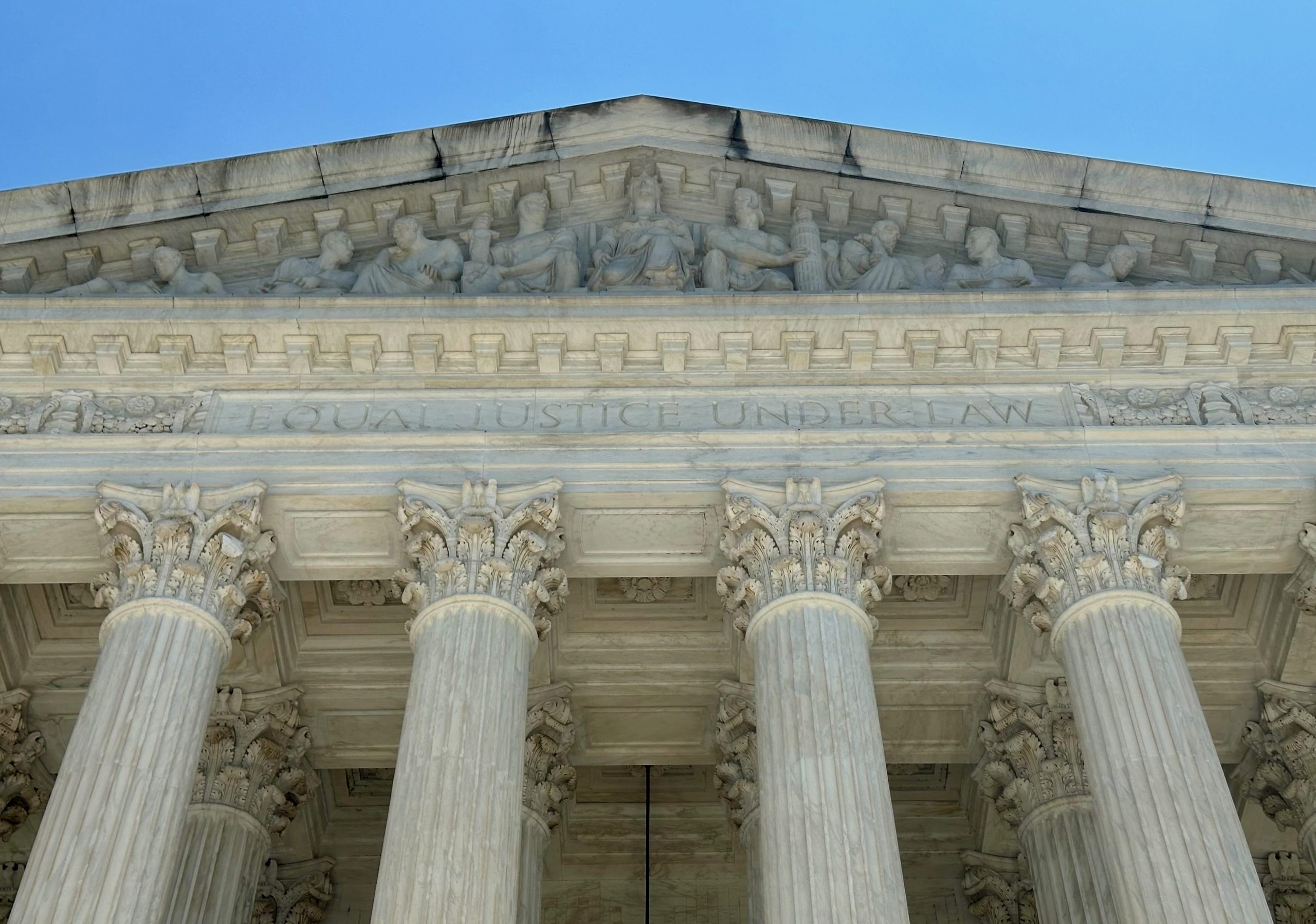
Supreme Court Allows U.S. Victims of Overseas Terrorist Attacks to Proceed with Lawsuits

Background and Legal Context
On June 20, 2025, the U.S. Supreme Court ruled unanimously that lawsuits filed by American victims of terrorist attacks in Israel against the Palestinian Authority (PA) and the Palestine Liberation Organization (PLO) may proceed in U.S. courts. The decision, authored by Chief Justice John Roberts, rejected constitutional challenges by the PA and PLO concerning due process under the Fifth Amendment.
Key Legal Issues
- Personal Jurisdiction: The central question was whether U.S. courts have the authority to hear cases against foreign defendants such as the PA and PLO.
- Promoting Security and Justice for Victims of Terrorism Act (2019): This federal law deems the PA and PLO to have consented to personal jurisdiction in U.S. courts for civil cases under the Anti-Terrorism Act, particularly when these groups provide payments to terrorists or engage in activities within the United States.
- Due Process Considerations: The Court distinguished between personal jurisdiction standards under the 14th Amendment (applicable to states) and the Fifth Amendment (applicable to the federal government), emphasizing the federal government’s broader extraterritorial authority.
Supreme Court’s Reasoning
- The Court reversed the U.S. Court of Appeals for the 2nd Circuit, which had previously blocked the lawsuits.
- Chief Justice Roberts explained that the 14th Amendment’s minimum contacts requirement does not apply to federal jurisdiction under the Fifth Amendment.
- The federal government possesses nationwide and extraterritorial authority to hold accountable those who commit acts of violence against U.S. nationals abroad.
- The Court did not decide the full extent of limits on federal jurisdiction under the Fifth Amendment but upheld the 2019 law’s linkage of jurisdiction to conduct closely related to the United States and foreign policy interests.
- Justice Clarence Thomas, joined in part by Justice Neil Gorsuch, concurred, advocating for no limits on federal jurisdiction beyond U.S. borders.
Emphasis on Sustainable Development Goals (SDGs)
Goal 16: Peace, Justice, and Strong Institutions
- The ruling supports access to justice for victims of terrorism, reinforcing the rule of law and accountability mechanisms at the international level.
- By enabling victims to seek redress in U.S. courts, the decision promotes peaceful societies and strengthens institutions tasked with upholding justice.
Goal 17: Partnerships for the Goals
- The case highlights the importance of international cooperation and legal frameworks that transcend borders to address terrorism and related human rights violations.
- It underscores the role of legislative and judicial collaboration in fostering global partnerships aimed at combating violence and supporting victims.
Goal 10: Reduced Inequalities
- Allowing lawsuits to proceed helps reduce inequalities by providing victims of overseas terrorism, including marginalized groups, with legal avenues to seek compensation and justice.
Conclusion
The Supreme Court’s decision marks a significant step toward ensuring justice for U.S. nationals harmed by terrorism abroad, aligning with multiple Sustainable Development Goals by promoting peace, justice, strong institutions, and international cooperation. The ruling clarifies the scope of federal jurisdiction under the Fifth Amendment and reinforces the United States’ commitment to protecting its citizens and upholding the rule of law globally.
References
- Supreme Court Opinion by Chief Justice John Roberts
- Oral Argument Transcript (April 1, 2025)
- SCOTUSblog Article
1. Sustainable Development Goals (SDGs) Addressed or Connected
- SDG 16: Peace, Justice and Strong Institutions
- The article discusses the role of the U.S. legal system in providing justice for victims of terrorism, highlighting issues of legal jurisdiction, accountability, and protection under the law.
- The Supreme Court’s ruling supports the enforcement of laws that hold perpetrators accountable, which aligns with SDG 16’s focus on promoting peaceful and inclusive societies, access to justice for all, and building effective, accountable institutions.
- SDG 16.3: Promote the rule of law at the national and international levels and ensure equal access to justice for all
- The article centers on legal jurisdiction and due process, emphasizing the importance of legal mechanisms to address terrorism and protect victims’ rights.
2. Specific Targets Under Those SDGs Identified
- Target 16.3: Promote the rule of law at the national and international levels and ensure equal access to justice for all.
- The Supreme Court’s decision to allow lawsuits by U.S. victims of overseas terrorism to proceed reflects efforts to ensure justice and accountability beyond national borders.
- Target 16.6: Develop effective, accountable and transparent institutions at all levels.
- The ruling reinforces the accountability of entities (PA and PLO) involved in terrorism, supporting transparent and accountable judicial processes.
- Target 16.b: Promote and enforce non-discriminatory laws and policies for sustainable development.
- The article highlights the application of U.S. laws (Promoting Security and Justice for Victims of Terrorism Act) to foreign entities, promoting enforcement of laws that protect victims’ rights.
3. Indicators Mentioned or Implied to Measure Progress
- Indicator 16.3.1: Proportion of victims of violence who report their victimization to competent authorities or other officially recognized conflict resolution mechanisms.
- The article implies progress measurement through the ability of victims to bring lawsuits and seek justice in courts, reflecting access to justice mechanisms.
- Indicator 16.6.2: Proportion of the population satisfied with their last experience of public services.
- The Supreme Court’s decision may influence public perception of justice and institutional effectiveness in handling terrorism-related cases.
- Indicator 16.b.1: Proportion of population reporting having personally felt discriminated against or harassed in the previous 12 months on grounds of various statuses.
- While not explicitly mentioned, the enforcement of laws against terrorism-related entities supports non-discriminatory legal protections.
4. Table of SDGs, Targets and Indicators
| SDGs | Targets | Indicators |
|---|---|---|
| SDG 16: Peace, Justice and Strong Institutions |
|
|
Source: scotusblog.com







